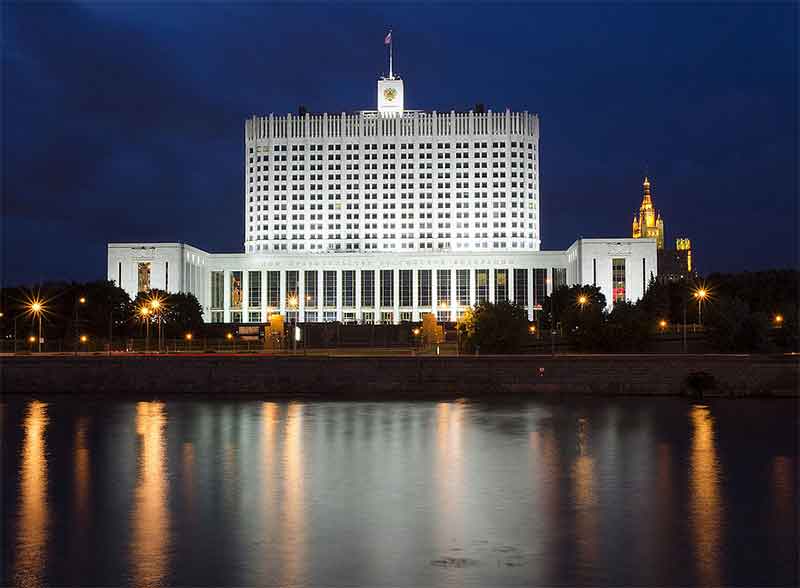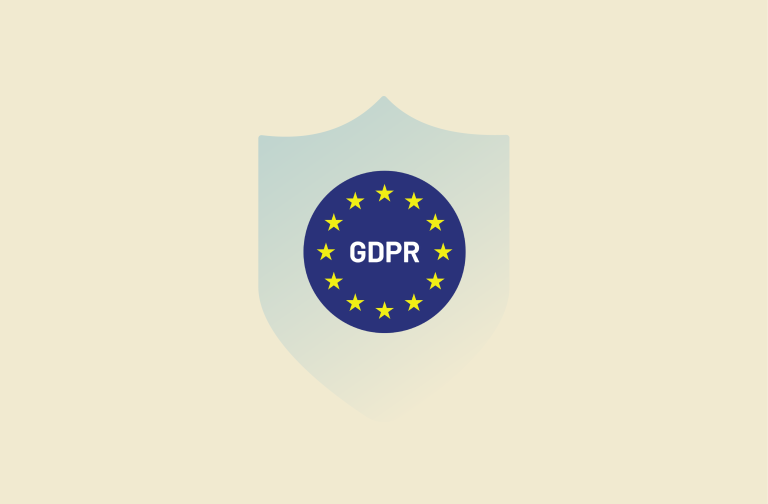New Russian ‘undesirables’ law may lead to more media self-censorship


New laws signed off by Russian President Vladimir Putin over the weekend have given Russian authorities more power to shut down foreign non-governmental organisations (NGOs) deemed to be “undesirable”.
The new legislation, already slammed by civil rights activists, allows the Russian government to shut down any foreign or international NGOs, and includes the introduction of fines, restrictions on movement, and even jail time for those involved.
Designed to curb groups that threaten “the foundations of the constitutional system of the Russian Federation, its defence capabilities and its national security,” the new law adds weight to legislation passed in 2012 that labelled some groups as “foreign agents” due to their alleged political leanings and foreign funding.
Pavel Chikov, head of a group that offers legal services to NGOs, said the law expanded powers that could be directed toward foreign agents. Groups including Amnesty International and other activists probing Russian troop deaths in Ukraine have already been visited by the authorities.
Chikov, whose own Agora group is one of 60 or so to be labelled as undesirable, said:
“The law allows the forbidding of any social and political activity once it is declared an ‘undesired’ organization, and those who continue to work can be sent to prison.
Most of all, this is about rights-advocacy organizations, ecologists and all other groups that champion liberal values, because the Kremlin considers them a risk to the current political regime."
Much too vague
Critics of the new law, which enacts penalties of 15,000 rubles ($300) for a first offence and six years in prison for a second, say the legislation is too vague and open to a wide range of interpretation, something they feel is likely to lead to abuse. This, they claim, is another way for Russian authorities to clamp down on dissenting voices as the Russian government becomes increasingly wary of Western interference in its politics and military manoeuvrings.
Speaking to The Moscow Times, Anton Ischenko, who was involved in the drafting of the new legislation, offered an alternative view, saying that media organisations would still be free to report on “undesirable organisations", though he did add that they would be barred from publishing material produced by those groups.
Countering claims of media censorship, Ischenko said the Prosecutor General's Office would ultimately decide whether an organisation was “undesirable” or not and would base its decision on facts provided by the security agencies and other law enforcement bodies.
Ischenko said he wished the new bill, which was fast tracked through the Russian parliament with little debate, was unnecessary, but added that “if there indeed are foreign organizations that threaten Russia's security, then they must be stopped”. Citing one example of undesirable activity, he added that “It is unacceptable that one of our foreign organizations would have the ability to distribute weapons as was the case in Ukraine”.
Threat to freedom of press
The Moscow Times says the new legislation will play heavily on the minds of media outlets and their editors who already have to tread very carefully in their reporting of a wide range of topics. The newspaper explained how other recent laws passed in Russia have made the reporting of anything connected with homosexuality a crime, as well as the public promotion of Nazi symbolism which is so strict that news websites were warned over coverage of vandalism in Siberia which saw a swastika daubed onto a war memorial.
Ivan Pavlov, a prominent human rights lawyer and head of the St. Petersburg-based Freedom of Information Foundation – itself identified as a “foreign agent” – said, “The authorities are trying to bring self-censorship, a concept that normally belongs in the moral sphere, into the legal sphere in the current political context”.
In all, there are 64 organisations identified as “foreign agents”, including Transparency International, Human Rights Watch, Amnesty International and Russia’s oldest rights group Memorial, all of which were required to register with the Justice Ministry after a 2012 law mandated such for any group either receiving funding from overseas and/or engaging in loosely defined political activities.
The wording of the new and existing laws raises many questions, but answers appear to be hard to come by. Russia’s human rights commissioner Ella Pamfilova says a lack of court proceedings thus far means the legislation can still be interpreted in many ways, some of which may contravene Russia’s constitution: “There are no clear legal criteria to determine the status of an undesirable foreign or international organization on the territory of the Russian federation”.
In the meantime, media outlets and even bloggers with a relatively low level of traffic will be very cautious of what they publish in an environment that appears to be increasingly concerned by news articles and features it doesn’t approve of.
Featured image: "The White House today" by Sergey Korovkin 84 is licensed under CC BY-SA 3.0
Take the first step to protect yourself online. Try ExpressVPN risk-free.
Get ExpressVPN


















